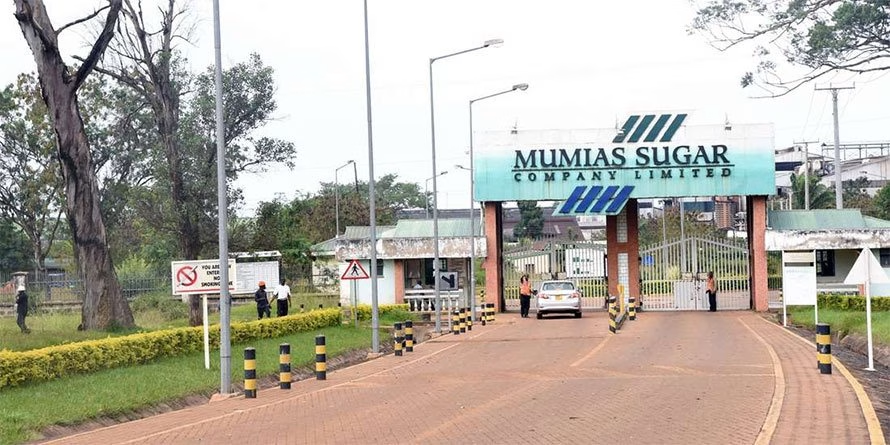The Mumias Sugar Company, once a giant in Kenya’s sugar industry, has faced a tumultuous journey marked by political interference, cane shortages, and the influx of cheap sugar imports. As of February 2025, the situation remains dire for the miller and local farmers who depend on sugarcane farming for their livelihoods. This blog post examines the multifaceted challenges confronting Mumias Sugar and the broader implications for the region.

Historical Context of Mumias Sugar
Mumias Sugar Company has been a cornerstone of the Kenyan sugar industry since its establishment. However, beginning in 2012, the company began experiencing declining sugar output and profits due to inefficiencies and mismanagement. A forensic audit revealed significant financial irregularities that led to the dismissal of top management and the company’s eventual placement under receivership by Kenya Commercial Bank in 2019.
After years of struggle, Mumias Sugar resumed operations in December 2023, raising hopes for a revival among farmers and stakeholders. The management promised timely payments for cane supplied by farmers and aimed to crush 2,500 tons of sugarcane daily, with plans to increase capacity to 8,400 tons per day[1][3].
Political Interference
Political dynamics have played a significant role in Mumias Sugar’s woes. Local politicians have been vocal about their demands regarding the management of the company and its operations. Recently, Members of the County Assembly (MCAs) threatened protests against West Kenya Sugar Company, which they accused of sabotaging Mumias’ revival by operating its cogeneration and ethanol plants without adequate raw materials. This political maneuvering complicates efforts to stabilize Mumias Sugar and attract investments necessary for its recovery.
Cane Shortages
Despite resuming operations, Mumias Sugar faces significant challenges related to cane supply. The company has struggled with cane shortages due to years of neglect and declining interest from farmers. Many local farmers abandoned sugarcane farming due to delayed payments and poor returns on investment. Although management has set competitive prices for sugarcane at Sh6050 per tonne to encourage production, it remains uncertain whether this will be enough to attract back disillusioned farmers.
The Impact of Cheap Imports
Another critical factor contributing to Mumias Sugar’s struggles is the influx of cheap sugar imports from countries like Uganda and Tanzania. These imports have flooded the market, driving down prices and making it difficult for local millers to compete. The government lifted a ban on local sugar milling in early 2024, allowing Kenyan millers to produce more than 63,000 tonnes of sugar. However, this increase in production has not translated into profitability for Mumias Sugar due to ongoing competition from cheaper imported sugar.
The Way Forward
For Mumias Sugar Company to recover fully, several steps must be taken:
- Strengthening Political Support: Local leaders must work collaboratively with management to create a conducive environment for operations without undue political interference.
- Enhancing Cane Production: Initiatives must be implemented to incentivize farmers back into sugarcane farming through timely payments and support services.
- Addressing Import Competition: The government should consider protective measures for local millers against unfair competition from imported sugar while ensuring that quality standards are met.
- Investment in Infrastructure: Upgrading transportation and processing facilities will be crucial in improving efficiency and reducing operational costs.
The future of Mumias Sugar Company hangs in a delicate balance as it navigates the challenges posed by politics, cane shortages, and cheap imports. While recent efforts to resume operations provide a glimmer of hope, sustained commitment from all stakeholders—farmers, politicians, and management—is essential for revitalizing this once-thriving miller. Only through collaborative efforts can Mumias Sugar reclaim its position as a leader in Kenya’s sugar industry and secure livelihoods for countless families dependent on this vital sector.